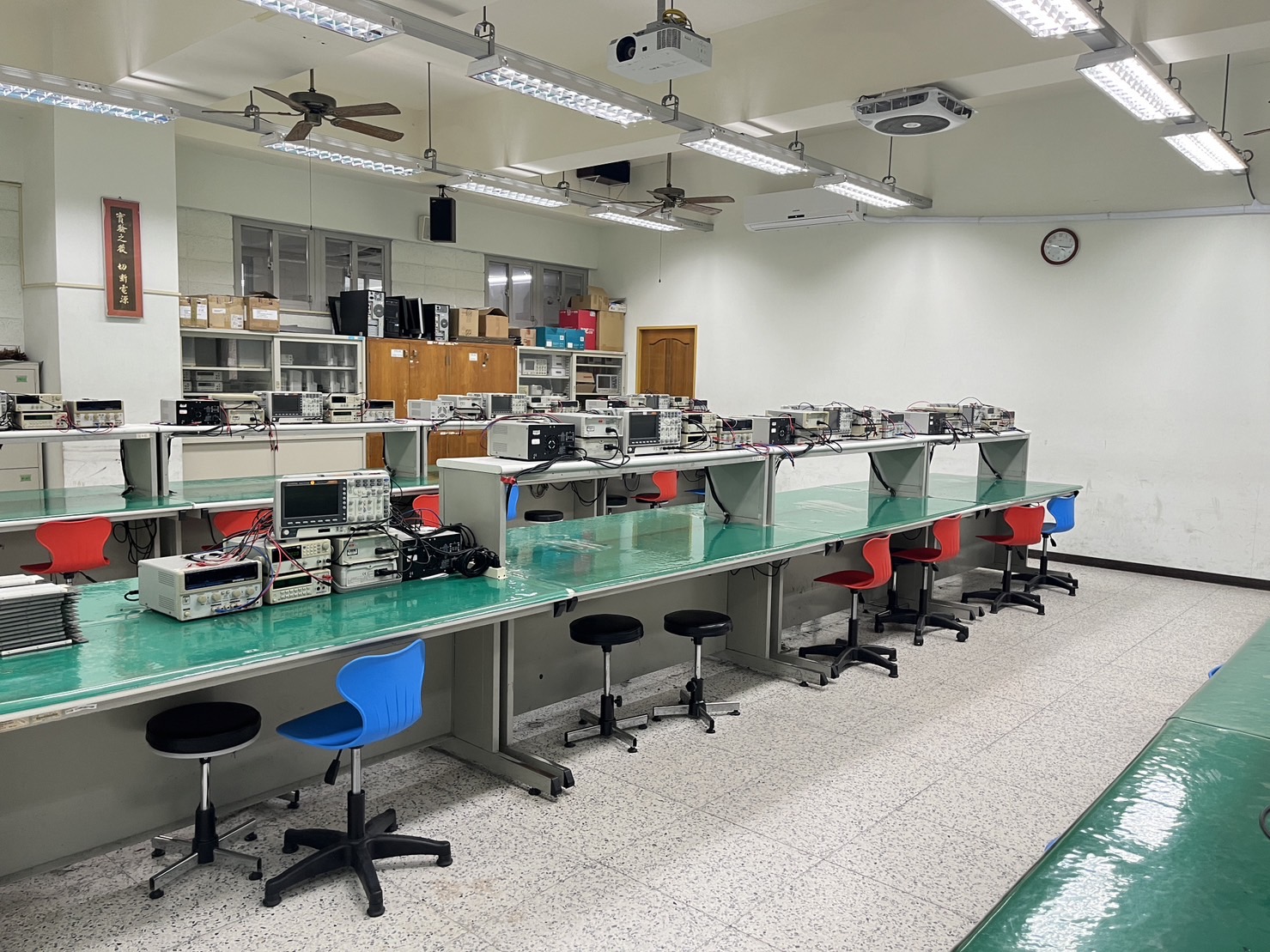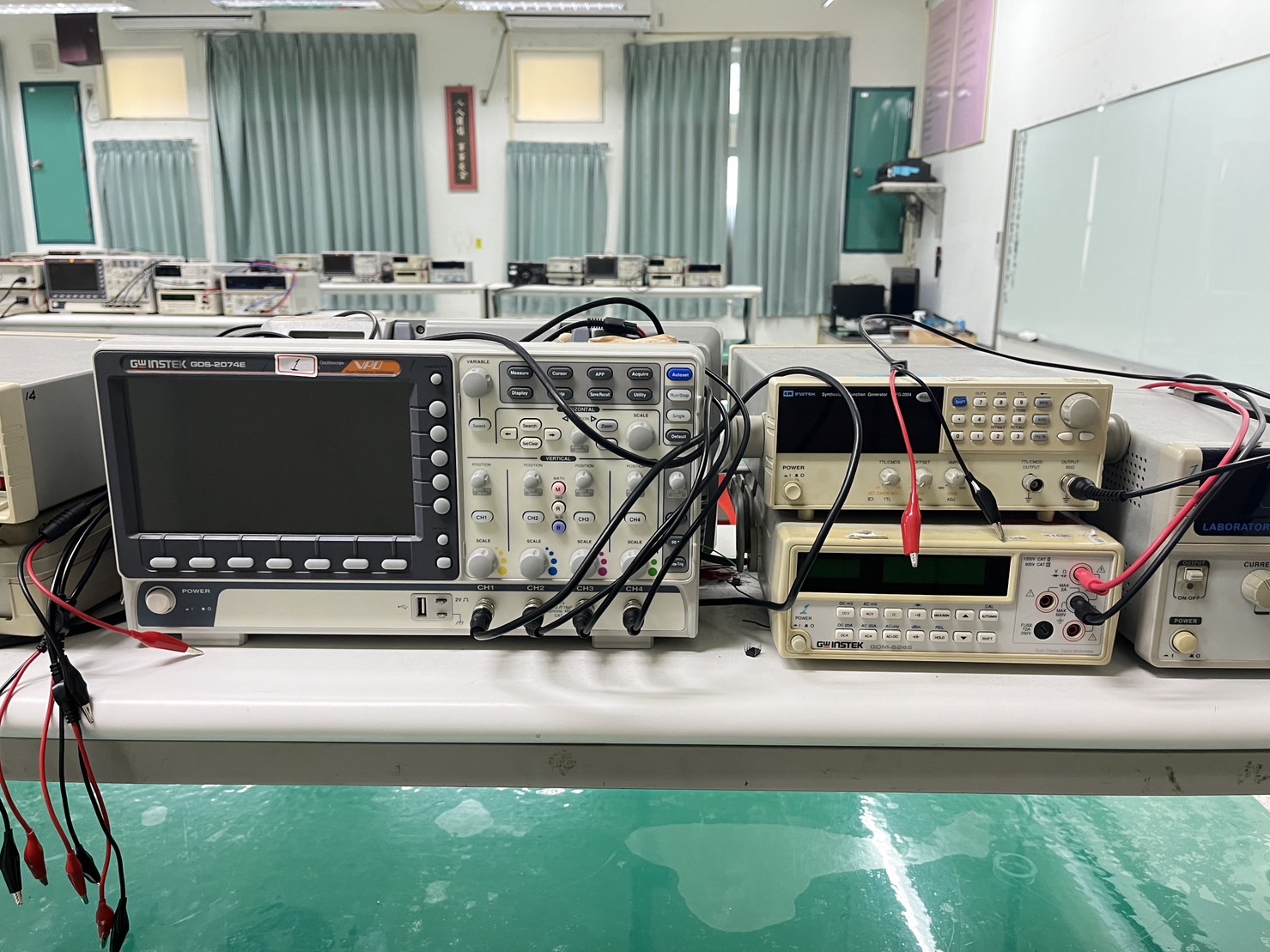Copyright © 2026 Taiwan Instrument Research Institute All Rights Reserved. Designed By DeviseTop
Visits : 31897
Visits : 31897


The laboratory is a fundamental and required facility for students in the Department of Electrical Engineering. It supports hands-on courses and experiments related to Electronics, Circuit Theory, Digital Electronics, and Digital Circuits. In addition, to accommodate classroom scheduling needs, the lab is also used for courses such as Practical Control Engineering, FPGA Control Applications, DSP Control Applications, Digital Control, Logic Design, and Capstone Projects.
Outside of class hours, the lab remains open for students enrolled in Electronics Laboratory Courses to practice and complete assignments. The electronics lab course spans two semesters, offering 3 hours per week for 1 credit per semester. The curriculum includes training in the use of laboratory instruments and simulation software, characteristics and applications of discrete electronic components, and the principles and applications of analog operational amplifier (OPA) circuits.
Students begin by learning the fundamental principles and functions of various electronic components. Through the use of oscilloscopes, signal generators, digital multimeters, power supplies, logic analyzers, and Multisim simulation software, students perform circuit wiring, signal measurements, and simulations to verify circuit behavior. This hands-on experience helps them bridge theoretical knowledge with practical circuit design and applications.